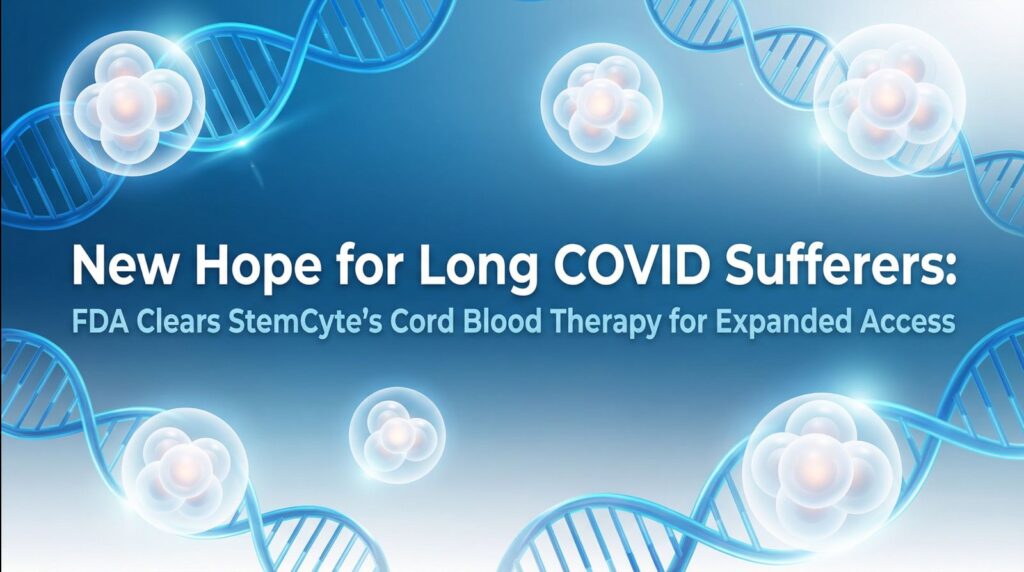On a recent episode of Lab Talks, the topic of stem cells and their potential applications in personalized medicine and kidney repair was discussed. The talk featured an interview with Professor Benny Dekel, a leading scientist at the Sheba Medical Center in Israel.
Prof. Dekel holds several important roles at Sheba, including being the chief of pediatric nephrology, heading a research institute for pediatric stem cell research, and acting as the dean of research and innovation at Tel Aviv University’s medical school.
His work at Sheba mainly involves treating children and adults with chronic kidney disease and pediatric kidney cancer. His unique approach involves combining clinical and scientific languages to find innovative treatments for these conditions.
Prof. Dekel explains that his research is conducted from the perspective of stem cells in regenerative medicine, with the ultimate goal of creating new healthy tissue. His lab distinguishes between ‘good’ stem cells that create healthy tissue and ‘bad’ stem cells that, when mutated, can lead to cancers like pediatric kidney cancer.
Stem cells, according to Prof. Dekel, are like children with potential to grow into various professions. In the same way, stem cells can be totipotent (able to become any cell type), pluripotent (able to become most cell types), multipotent (able to become a limited range of cell types), or unipotent (able to produce cells of their own type).
Prof. Dekel’s lab primarily uses two types of stem cells: pluripotent stem cells, which can generate kidneys, and tissue stem cells, which can only generate kidney tissue. These cells are cultivated and expanded, while retaining their identity, in order to regenerate organs or model diseases.
In order to maintain the stem cells’ identity during cultivation, the lab uses 3D cultures, creating kidney organoids and spheroids. These ‘mini kidneys’ can then be used for disease modelling and drug discovery, specifically for genetic kidney diseases.
One fascinating aspect of Prof. Dekel’s work is the sourcing of these stem cells from urine. His lab has developed protocols to cultivate these urine-derived kidney stem cells and generate organoids for regeneration and disease modeling. This technology forms the basis of a spin-off company, Renovate Bio, which aims to translate these findings to patients.
In addition to regenerative medicine, Prof. Dekel’s lab has also identified cancer stem cells in pediatric kidney tumors (Wilms tumors). They have collaborated with other groups to generate an antibody drug conjugate that targets these cancer stem cells, which has gone into a phase two clinical trial.
Prof. Dekel is optimistic about the future of stem cell research and its applications in personalized medicine, and hopes to see more of his ideas translated into practical treatments for patients.
Watch full interview below:



